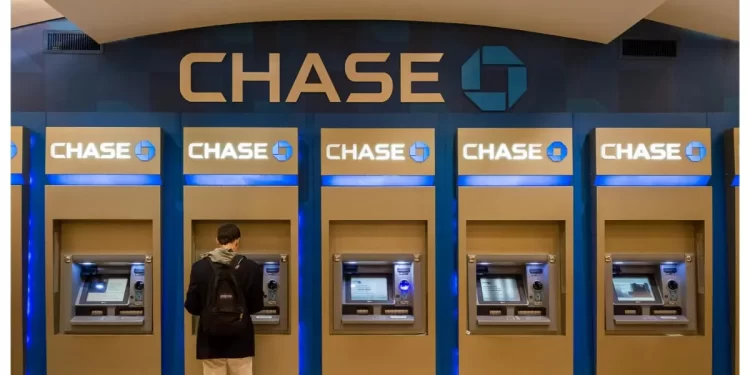A New Jersey man who lost the entirety of his life savings to a phone scammer said that Chase Bank refused to reimburse him and did nothing to help him resolve the matter after he filed a fraud claim.
Kosmo Alexandrou reported that he lost $142,500 to a scam that all started with a pop-up message on his computer in May 2023.
According to NJ.com, the pop-up told him his computer had been compromised and directed him to dial a Microsoft customer support number.


He called and thought the person on the other line was a Microsoft representative helping him secure his personal information.
That individual convinced Alexandrou that his laptop and banking information had been compromised and instructed him to download software that would “protect his computer,” and safely transfer funds from his bank account to a cryptocurrency account he would create on the 76-year-old’s behalf.
“Mr. Alexandrou stated he did not give (the agent) his Chase account number or login but stated they already had all the information and completed the transaction on his behalf,” Alexandrou’s police report stated.
After realizing he was a victim of fraud, Alexandrou reported the incident to Chase. The bank promised an investigation but later denied his claim.
He tried calling the bank to ask why his claim was denied, but never received clarification, so he appealed the decision citing the Electronic Funds Transfer Act which covers consumer protections during electronic fund transfers, including specific instances of fraud.
Finally, Chase clarified the claim denial, stating that Alexandrou greenlit the wire transfer to the cryptocurrency account himself.
A letter addressed to Alexandrou stated that the bank’s records showed he used his device to log in to his account and even plugged in a one-time activation code sent to his personal phone number to authorize the transfer.
“Our Retail Fraud team contacted you about the wire transfer,” the letter said. “You advised them the wire was valid as your financial consultant suggested the cryptocurrency investment, you advised you were the beneficiary of the investment account, and you were comfortable sending the wire.”
Alexandrou maintained that he never received a call from Chase or spoke to a banking agent about the claim. He even asked for a copy of the recording, but Chase said they couldn’t even review the audio recording “due to the retention period.”
“I have never had such a conversation with any Chase representative, nor did I authorize the transfer in any way,” he said. “And how ludicrous is it that I, a 76-year-old, would transfer my life savings to a cryptocurrency account?”
Chase told Alexandrou that if he wants immediate access to the recording, he’d have to file a subpoena.
“I feel that someone took a knife and stabbed me in the back,” he said. “And now that the bank isn’t going to do the right thing, I feel even more betrayed.”
The bank said it’s currently reviewing Alexandrou’s case, and in a statement, urged all their customers to ignore phone, text, and internet requests for money.
“We are sorry that Mr. Alexandrou was a victim of this scam,” Chase said. “We urge all consumers to ignore phone, text or internet requests for money or access to their computer or bank accounts. Legitimate companies won’t make these requests, but scammers will.”
According to the FBI, millions of elderly Americans fall victim to several types of fraud schemes each year, including tech support scams, resulting in billions of dollars in losses.
Just last week, a Chase Bank customer in Chicago also spoke out after learning that someone impersonating her visited multiple different Chase branches and withdrew a total of $87,000 from her savings account over an extended period of time.
Courtney White said she didn’t know this until she received an “insufficient funds” alert in the fall of 2022. She filed several claims with Chase, all of which were denied because Chase said she did not report the fraud within 30 days of receiving her statement.







